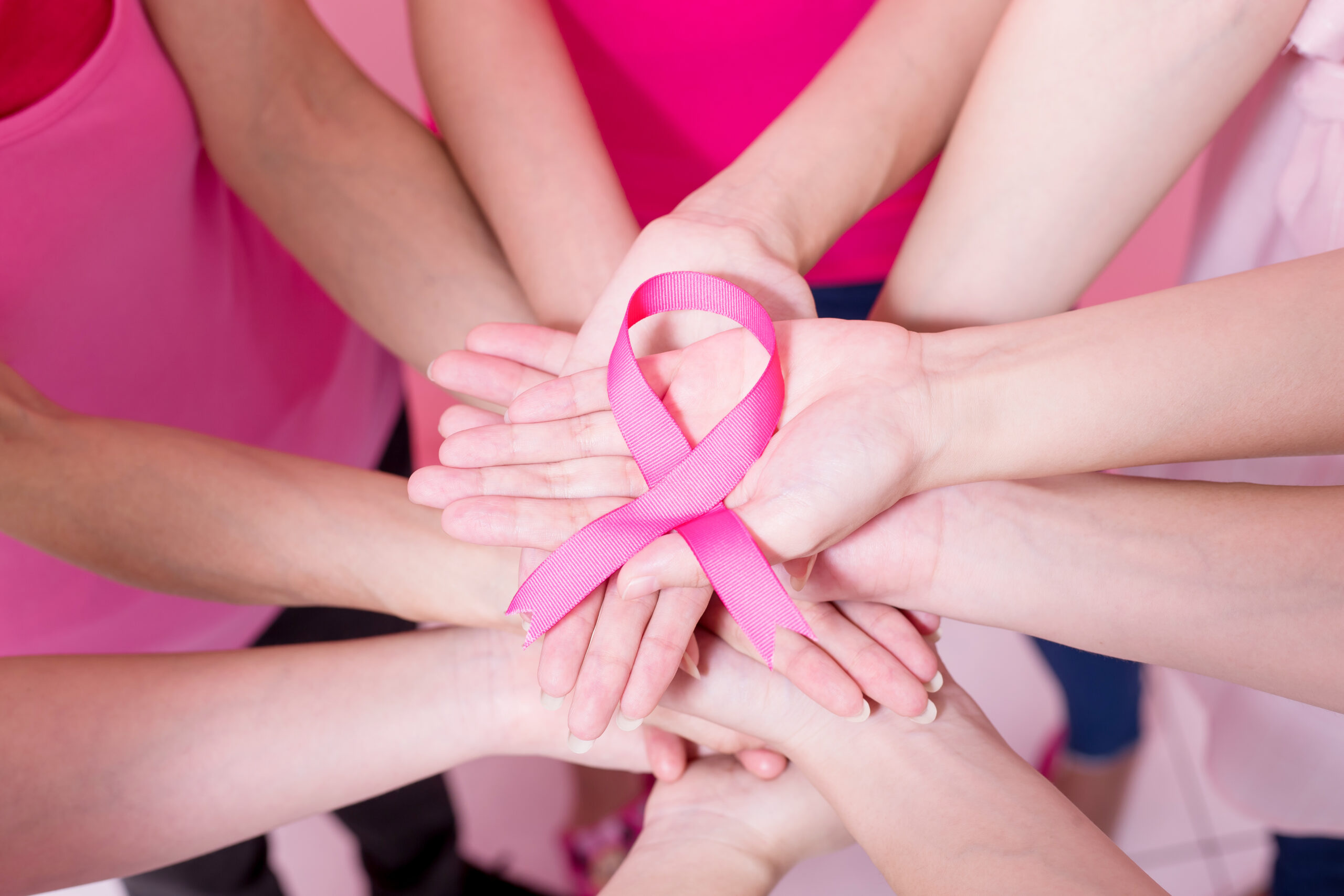By Rania Sa’adi,
Rapid Transformational Therapist & Clinical Hypnotherapist
So, what is fear?
Fear is one of the core emotions that we, as human beings, are born with.
The purpose of feeling fear is to protect us from danger, the first function of the mind is to keep us away from danger. And the moment our subconscious mind feels a threat, it starts sending signals to the body.
The body begins to secrete stress hormones: Cortisol and adrenaline. Blood rushes to the muscles to help us face danger, whether by fighting the danger or fleeing. We startfeeling the blood withdraw from our face and muscles spasm or tighten.
Obviously, once the threat is gone, hormone levels usually go back to normal. The problem lies in the presence of constant fear and tension that leads to a prolonged rise in these hormones, thus affecting human health in the long run.
Anxiety
Anxiety is part of feeling afraid. It is the fear of something that may or may not happen in the future. It is also associated with a lack of control over a particular situation in the future. For example, people who have a fear of flying actually have a fear of losing control, because, statistically, the most dangerous part of flying is the trip by car from home to the airport.
The thing that many people do not know is that studies have shown that it only takes 90 seconds for any feeling to go through our body as a chemical reaction, from beginning to end. What makes it stay much longer are the stories we attach to the event.
Acknowledging anxiety
The healthy way to deal with the feeling of anxiety is to first and foremost, acknowledge its existence. This is done by saying it out loud, making it real, and allowing it to pass through for the full 90 seconds.
Feeling anxious is very uncomfortable. Most people don’t know what to do with it and so they resort to three things: Avoidance, distraction, or numbing. Suppressing these feelings means that they are all kept in the body, eventually resulting in physical symptoms and ailments like migraines, back pain, ulcers and cancer.
Dealing with the anxiety of breast cancer testing
First, you need to acknowledge the feeling of anxiety and let it pass through. And then you need to ask yourself these questions:
1. What could be the reason behind it? Because you cannot fix what you don’t understand. One effective technique is to write down on a piece of paper whatever comes to your mind, a technique called “Brain Dump”. It serves as a tool to remove all the noise in your mind and have that sense of clarity to find out why you feel nervous.
2. What is the worst case scenario? Are there others who have gone through worst case scenarios and succeeded?
3. What are the steps that I can follow to reach the same outcome? Steps give us a sense of control
Here are some methods and techniques that anyone can use to overcome the fear of testing:
1. Visualisation: Einstein says, “Imagination is more powerful than knowledge.” The mind does not differentiate between fact and fiction. And one of the effective techniques to get over your fear of testing is to visualise the entire process before the event. See it as you want it to be, feel the feelings of relief once you are done and the happiness and pride that you are taking care of yourself. By allowing your imagination to show you the bright side of this experience, you will feel an immediate sense of calm and relaxation
2. Meditation helps us focus on the present, not the future, bringing our stress level down
3. Adopting a correct breathing technique, before and during the experience: Sending calming signals to the brain and reversing the rapid short breathing that we feel when we are anxious
Reprinted with permission from Family Flavours magazine
